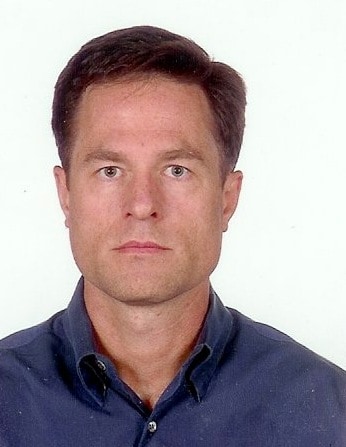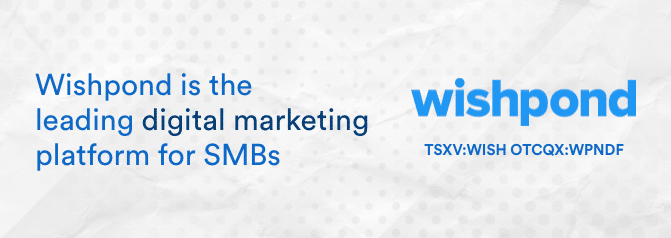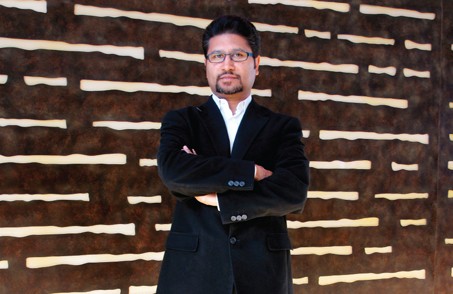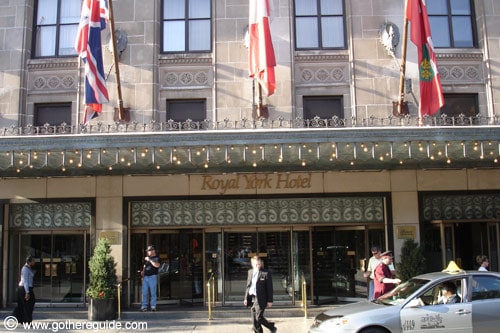

In 1988, four robotics students at Vancouver’s BC Institute of Technology settled on a class project. The result, a lottery ticket vending machine that would, ultimately, become Vendtek Systems (TSXV:VSI), a software company that ballooned to over $121 million in revenue in fiscal 2010.
Today, Vendtek’s e-Fresh software uses point-of-sale terminals to sell prepaid banking and telecom services. Vendtek’s journey however, was not without a stumble or two. In some ways company was a victim of its own success; when Vendtek grew from virtually nothing to $100 million in revenue from 2002 to 2007 the company’s administrative and accounting procedures were admittedly thin.
The result was a self-imposed thirteen month halt on the stock while big boys KPMG and Price Waterhouse Cooper were brought in to sort through the books, on a transaction by transaction basis.
When the company began trading again, with restated financials that weren’t very different from those previously reported, the company found itself with a renewed sense of purpose, and, as CEO Doug Buchanan describes, a market opportunity in South America that dwarfs anything the company has addressed before. Cantech Letter caught up with Buchanan to talk about the journey from BCIT, the and his plan to improve Vendtek’s historically thin margins.
Doug it has been a long journey for you with Vendtek. For our readers who don’t know, can you give them an overview of where this began and how it evolved?
It has been a long journey that I was fondly reminded of when I saw a picture taken 20 years ago with my founding partners. Oddly, we all look exactly the same, not a day older. The company was started back in 1988 by four friends who met at BCIT. Our first product was a lottery ticket vending machine that we designed and built ourselves. Using our base technology, we branched out to develop machines for a variety of products and sold our machines all over the world. One of our products was a machine to sell prepaid cellular recharge cards. Understanding the prepaid market led us to build a better mousetrap; eFresh. Our eFresh technology was developed specifically to change the way prepaid products were distributed by eliminating the card and delivering only a PIN to a printer (usually built into a POS terminal). Once the physical card is taken out of the equation, prepaid services can be distributed faster, cheaper and more securely.
What vertical do you think Vendtek is hitting particularly well now and what is the key advantage the company has?
We have two basic business models: First, we use the software ourselves to create a distribution network that can sell all kinds of prepaid products, as well as financial services like paying bills. Examples of this are the U.S. and Brazil. Second, we provide the technology to other companies internationally and earn transactional fees akin to an ongoing royalty. Our software bridges the gap between consumers, retailers, and suppliers and creates an ecosystem of e-product delivery from one end to payment collection and distribution on the other end. Our company’s main strength is our ability to adapt ourselves to suit local market requirements. Underlying this is a complex set of business processes binding our development team to front line activities to commercial processes. We are doing business in countries such as China, Brazil, the UAE, Nigeria, and North America and its obvious that one size does not fit all.
Let’s talk about why Vendtek was halted for thirteen months. At the end of the day, it seems like a large, (perhaps self imposed) punishment. The numbers that came out after KPMG and PWC got involved weren’t all that different. Was that experience an entirely draining and negative one or are there any positives you can take away from that?
I don’t view the trading halt as a “punishment”. Rather, it was simply the time necessary to put our financial statements in order. We had a lot of stakeholders to satisfy through the process and we had to make absolutely sure that the issues that led to the misstatement were understood and resolved. It seemed like a juggling act at times since we all wanted to get back trading as soon as possible, but we had to make sure we were absolutely correct at the end. Going through the process, there was some negativity, no doubt. From time to time it was challenging to keep the team focused and motivated to complete the task. We managed to stick together and I think one of the positive things that came out was a closer sense of being a team and mutual trust. We were also able to put in place processes, technology and people, giving us the confidence that we will successfully grow into a much larger and stronger company.
Let’s talk about your recent initiatives in Brazil. What is Vendtek looking to do there? What, exactly, is the opportunity?
We are very excited about our plans for Brazil. This opportunity gives us the chance to apply all our knowledge and experience of deploying eFresh in a new market. Imagine if you could take everything you know now and go back twenty years and do it all again! The business opportunity in structure is very similar to that of Canada. However, the size of the market is 35 times larger than Canada measured by prepaid customers. Specifically, the mobile recharge market is 170 million people compared to about 5 million in Canada. Although the market is very large, through our discussions with the mobile network operators, we believe this market is underserved. That is why three of the four largest operators signed national distribution contracts with us. In addition to offering mobile recharge services through our network, we also plan to add other services like financial services. An example of this type of transaction is bill payment. Unlike our bill payment offering in the U.S., we would need to partner with a bank to offer this in Brazil. This market in Brazil is estimated to include about 100 million people. As you can see, the market potential is much much greater than Canada and even the U.S. for the prepaid market.
Vendtek has been, at times, a pretty low margin business. Do the new international licensing deals you are signing offer a sustainable higher-margin opportunity?
Yes, we believe this is correct. This is one of our five strategic initiatives. Our two basic business models have inherently different margin structures. Our “operating” model is a transaction processing model. It could also be related to a hard goods wholesale distribution model. Layered into this model are dozens of different products with varying margins and even different revenue recognition requirements.
Our “licensing” model earns us fees based on transactions, with no associated cost of sales. As our customers’ revenues grow, so do the fees we collect. Of course we provide technical support and training, but most of the heavy lifting is done early on. We try to teach the customer using eFresh to be as independent from us as possible.
The higher margin we earn for doing this is only part of our motivation. By licensing our technology, we are able to penetrate markets where we could not effectively use our operating model. For example, while our technology would certainly meet the needs for parts of Asia or Africa, we may not have the cultural or human resource capacity to be as effective as necessary.
Leave a Reply
You must be logged in to post a comment.







 Share
Share Tweet
Tweet Share
Share




Comment